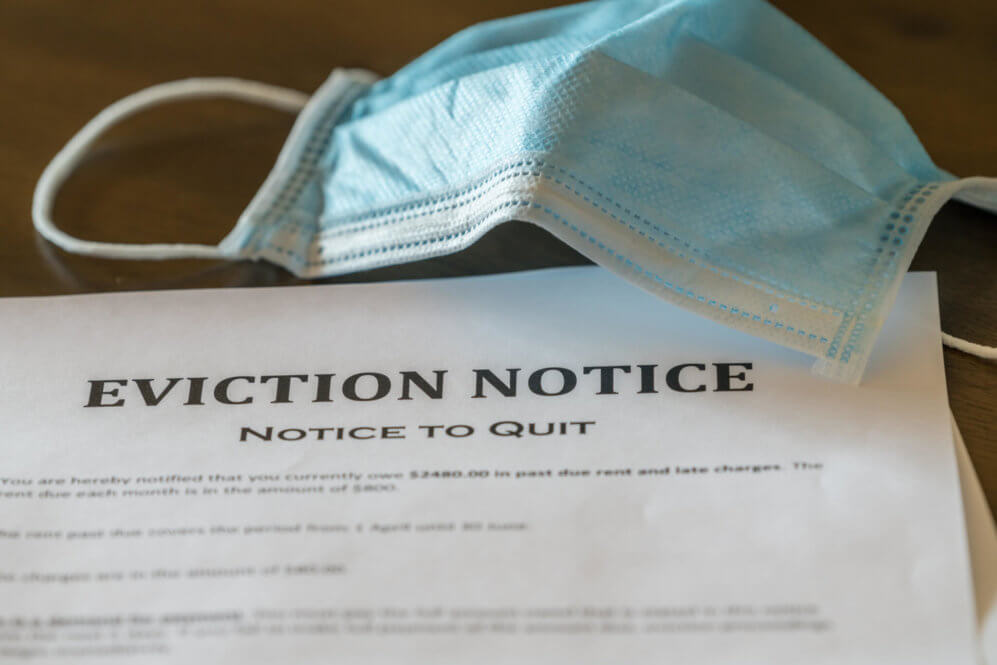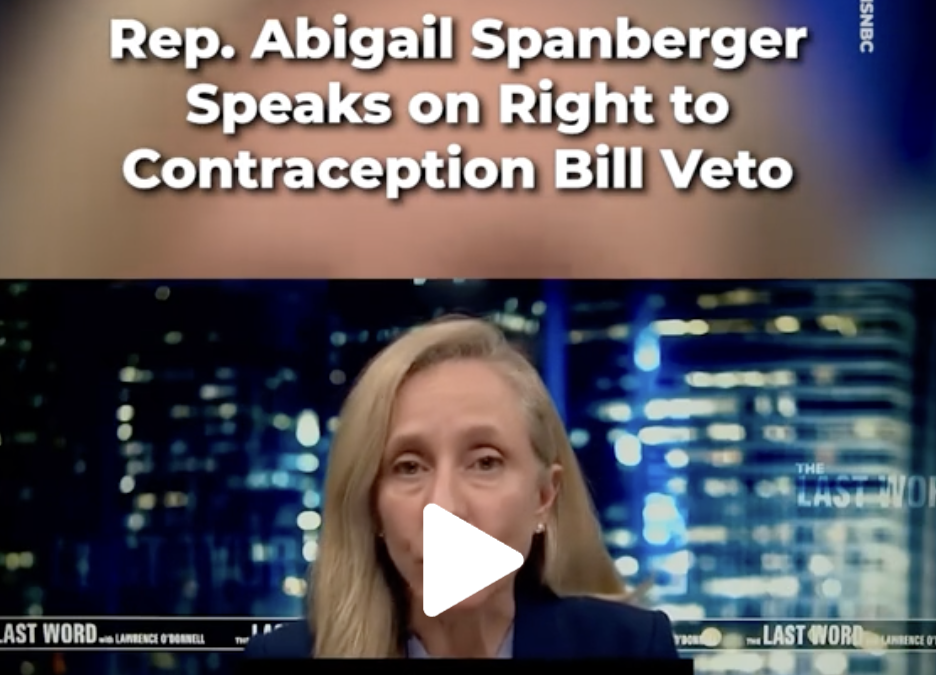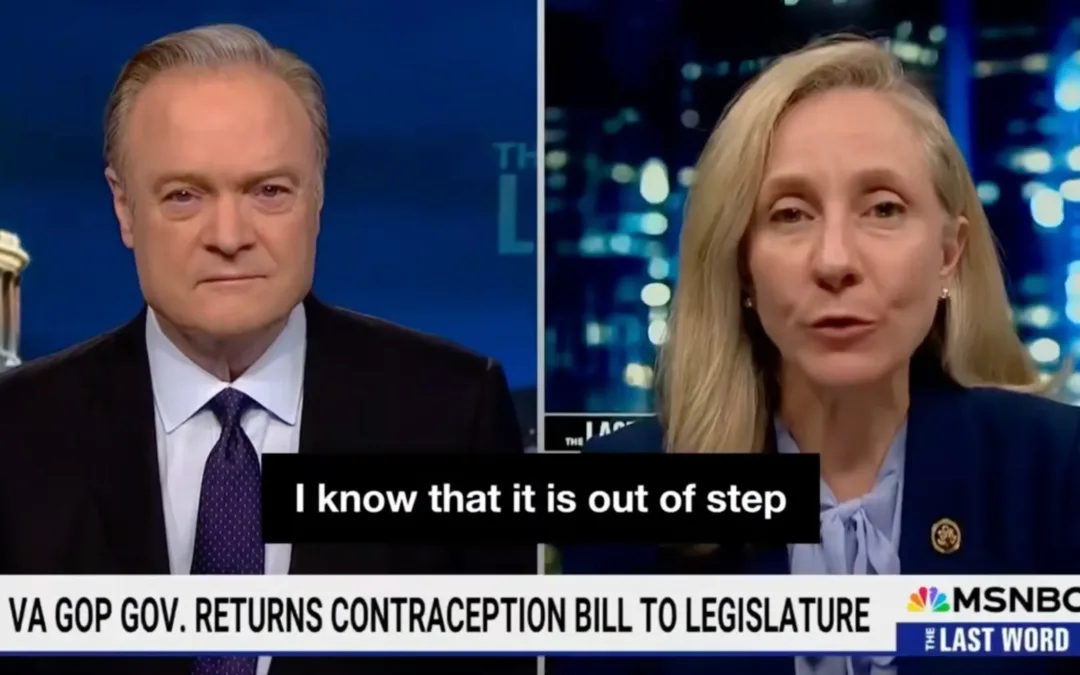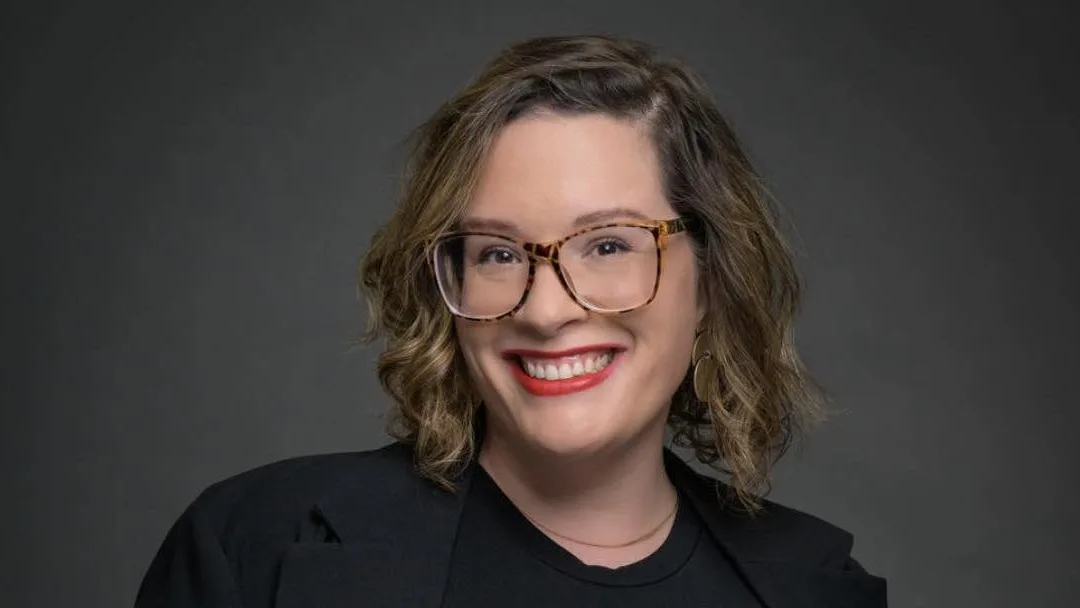
Adovcates say lawmakers need a rent relief plan soon.
CHARLOTTESVILLE- More than 8,000 Virginians have been evicted from their homes since June 22. And that number will likely rise over the next two months. State courts have 9,114 eviction hearings scheduled in the next eight weeks alone.
“Evictions have skyrocketed in the last two to three weeks. Over 32,000 cases have been heard in court since June 22,” said Elaine Poon, managing attorney for the Legal Aid Justice Center office in Charlottesville. “In Richmond, there was a fourfold increase of eviction filings. And we’ve seen an 18% increase in hearings.”
And this problem looks like it’s going to get worse.
With winter right around the corner, residents might have to choose between paying their utility bills or their rent, if they can pay for either. After several extensions, the State Commission Corporation ended the freeze on utility bill payments in Virginia this week.
“A lot of families already lived a hair’s breadth away from homelessness [due to COVID-19],” Poon said. “Adding another bill is just going to make the problem snowball.”
The freeze officially ended on Oct. 5. Now it is up to lawmakers to fix this issue before it worsens.
One more bill to pay
Thankfully, just because the freeze ended, that doesn’t mean companies will immediately cut the power off. As a compromise, the SCC issued orders for companies to offer payment plans. But that last part is key. Without a moratorium in place, customers either have to set up a plan or see their power turned off.
Dana Wiggins, director of consumer advocacy for Virginia Poverty and Law Center, said most utility providers want to see what the General Assembly does. Both the House and Senate passed proposals to address the issue, but there’s one more hurdle. Since this is part of the budget process, both groups select members to meet in conference and hammer out the differences in their respective proposals.
Still, Wiggins worries about what might happen if a decision isn’t reached soon.
“We’ve talked to a few people who did end up evicted and it was extremely hard for them,” Wiggins said. “They didn’t have a place where they could shower or reliably wash their hands.”
That’s the problem with being evicted in a pandemic. Some groups that usually help are struggling to keep their own doors open.
How did we get to this point?
It’s easy to blame the situation on COVID-19. The pandemic caused businesses to close, delayed unemployment benefits and generally made it hard for people to pay their bills.
However, a lot of these problems existed for years in Virginia. The pandemic only made them worse. For example, protecting the rights of tenants has been an issue for decades. But now, predatory landlords want to use COVID-19 as an excuse.
“We have a client right now who is behind on rent. But knowing that there is a CDC moratorium slowing down the eviction, the landlord is trying to cancel their lease,” Poon said.
Above all, Virginians just need stability, she added.
“If can prevent this before rent relief or an eviction hold, (it will be easier) for people to get back on their feet and start paying their rent again,” said Poon. “Then we can try to avoid our greater fear that is currently happening- mass homelessness and increased spread of the disease because people are facing such severe housing insecurity.”
The ball is in the lawmakers’ court
While advocacy groups are doing a lot of leg work to help people facing eviction, that doesn’t solve the actual problem. With the pandemic ongoing and some companies still closed, people need relief. That means its up to state and federal lawmakers. The US House passed a bill this summer that included a $1,200 stimulus check for residents and financial help with utility payments. However, the Senate never voted on it. Instead, the two groups have been deadlocked for months on negotiations. That leaves it up to the Virginia General Assembly.
“For those folks still in dire straits because of COVID, they need to know what legislators are going to do in terms of the rent moratorium and the utility moratorium,” said Wiggins. “Once they know these things, they can make a better assessment on what they can and can’t do moving forward.”
Right now, the General Assembly is in the middle of a special session. In September, the Senate passed SB5118, which requires utility providers to create an Emergency Debt Repayment Plan for their customers. The House, however, sent the bill to the Appropriations Committee, where it remains.
Advocates hope that bill and others will be incorporated into the budget. However, Virginia’s budget has not been fully mapped out.
“For utility relief and rent relief, those things would happen at the stroke of the governor’s signature. But he needs the budget to be approved by the legislature to do it,” said Wiggins. “So everybody is waiting on the legislature to act.”
How do I avoid eviction?
If you’re at risk for eviction, Poon recommends contacting the Legal Aid Justice Center as soon as possible. The Legal Aid Team can help at-risk Virginians navigate their options for rent relief. For example, not many people know that the CDC currently issued a moratorium on evictions as well. However, in order to qualify for the freeze, a tenant must prove that they’re at risk for eviction and are unable to make their payments. Then the landlord must approve it.
“Unfortunately, a lot of people don’t understand that the tenant has to do a list of things before you can enact the CDC moratorium,” said Poon. “You have to fill out a declaration that you have to give to your landlord before you can stop an eviction. And even if you’ve given that document to your landlord, they may not throw out the case.”
If the landlord refuses to dismiss the eviction case, tenants may have to go to court to enact the freeze. Because of this, Poon suggests reaching out to the Justice Center for help before the freeze ends on Dec. 31.
“Even if you’re in the early stages of the eviction process, please call Legal Aid,” said Poon. “We’re seeing a lot of people who didn’t even know that they could submit this declaration and stop their eviction.”
Wiggins recommends that anyone in who owes back utility payments to talk to their provider and learn what assistance is available to them.
“Keep in contact with the utility that you’re behind on,” said Wiggins. “Let them know that you are struggling and that you are in need of their assistance. Some utilities may have special programs. Some may have program just for COVID-19. There are some of funds being provided by the Department of Social Services to help people with their bills.”
If you or someone you know is facing eviction or has a question about tenant rights, visit the Legal Aid Justice Center website for more details. To learn more about the Virginia Poverty Law Center, visit their website.
Arianna Coghill is a content producer at Dogwood. You can reach her at [email protected].
Politics

VIDEO: Rep. Abigail Spanberger speaks on right to contraception bill veto
Rep. Abigail Spanberger (D-Va.) criticized Youngkin’s refusal to sign a bill that would have given Virginians a legal right to contraception, saying...

Spanberger calls Youngkin’s refusal to sign birth control access bill ‘outrageous’
Spanberger criticized Youngkin’s refusal to sign a bill that would have given Virginians a legal right to contraception, saying the move follows the...
Local News

Southside woman keeps the arts alive through community theatre
Katelyn Murray, a financial planner from the Danville area, grew up on stage. “I have been dancing since I was three, up through 23. I've been...

Virginia’s Homegrown Stars Had Big Moments in 2023
Although such celebrity meccas as New York and California may come to mind when you think of famous people, Virginia also has its fair share of...




